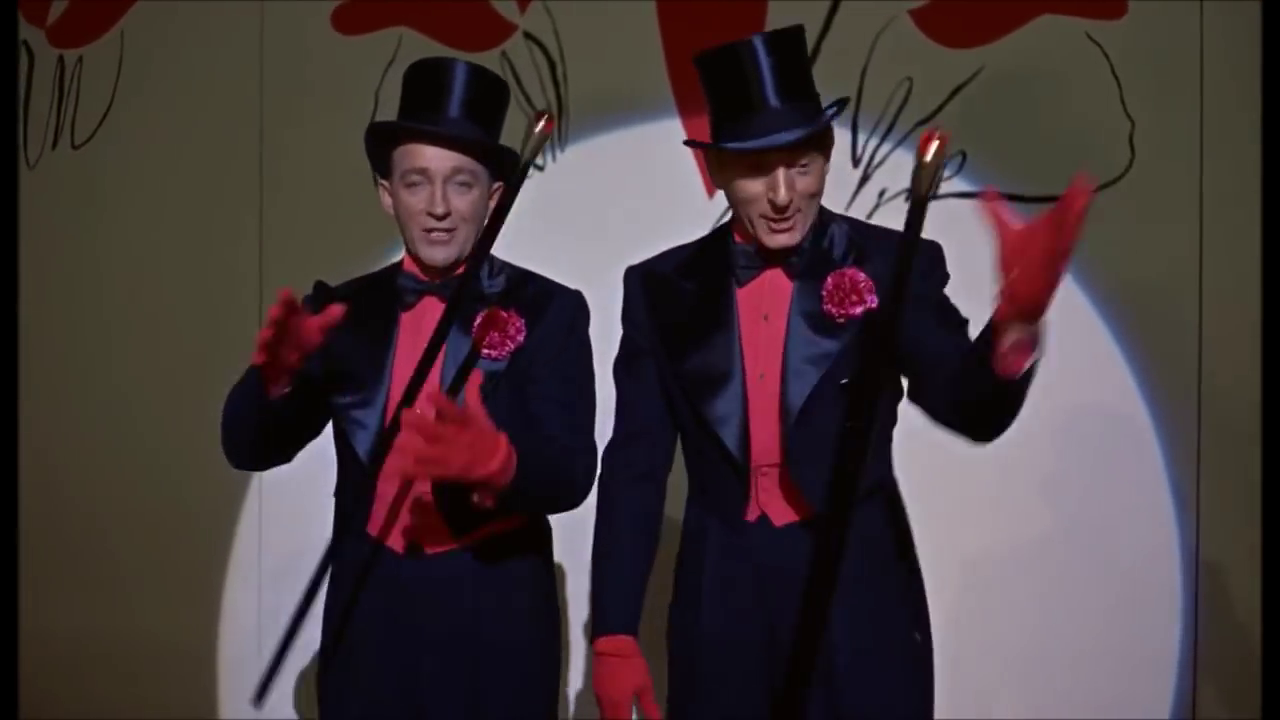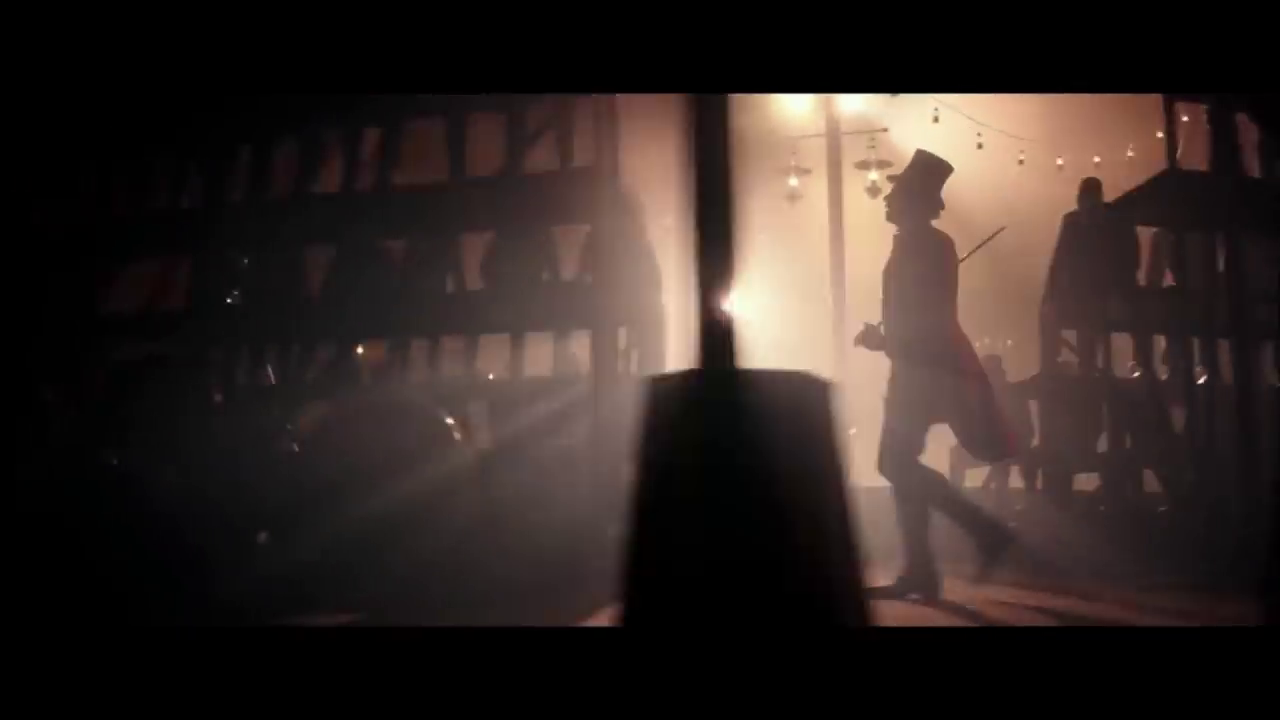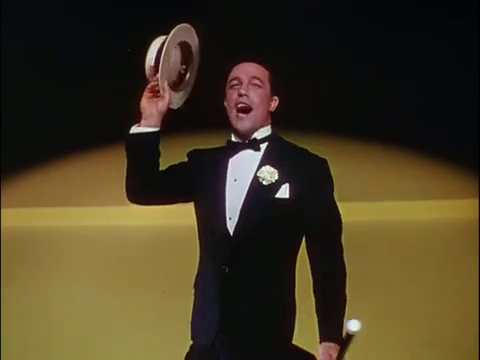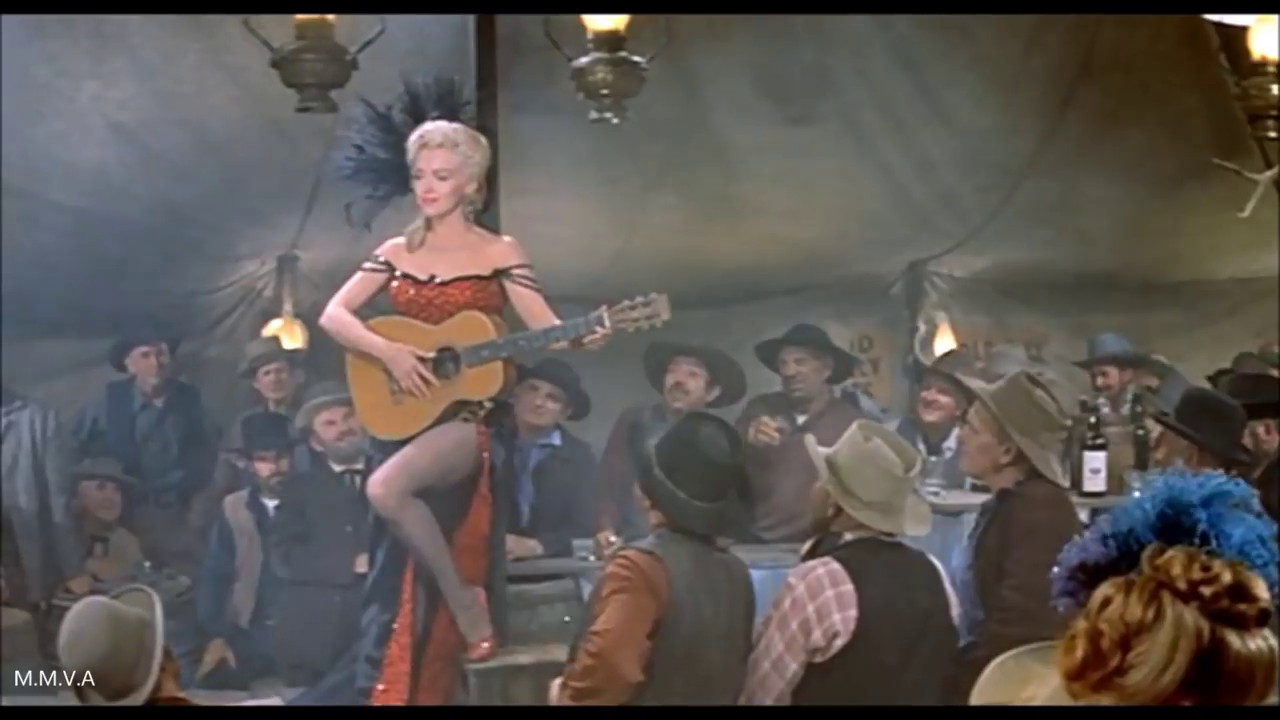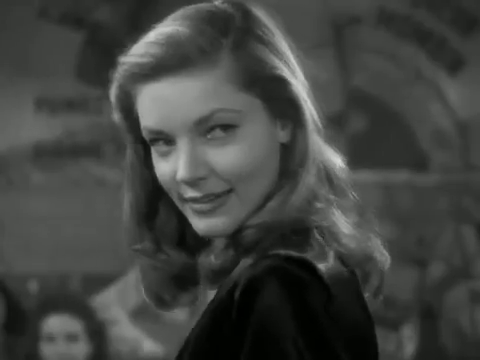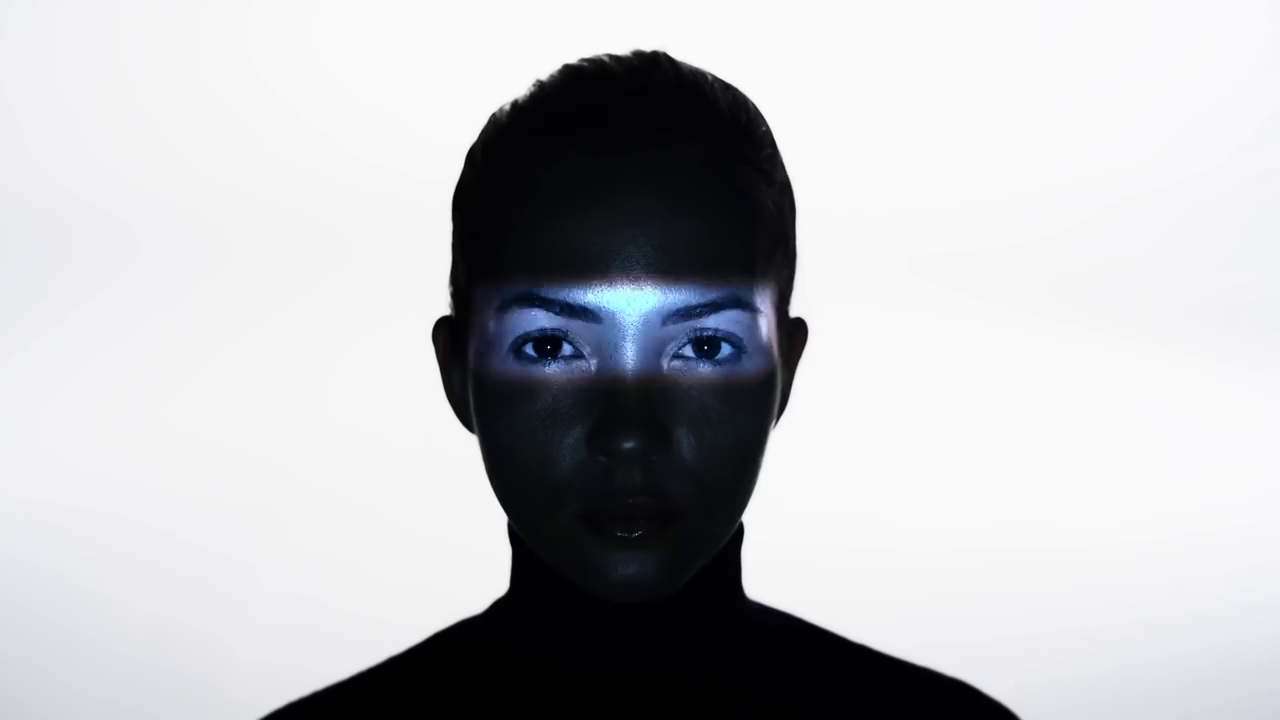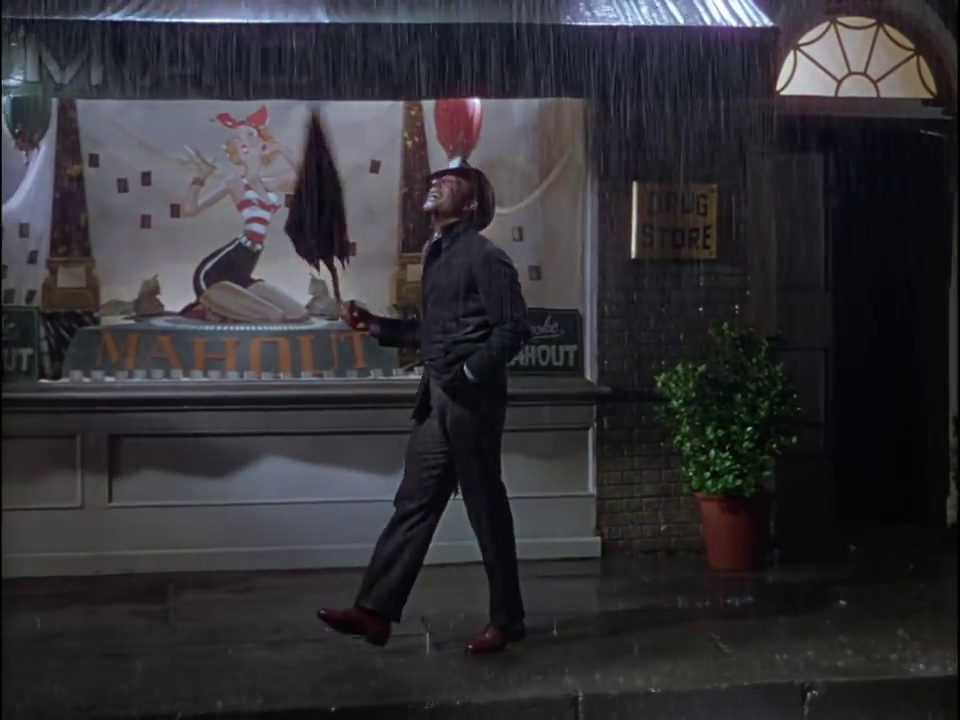Works Cited
Baker, Hugh D. R. “Life in the Cities: The Emergence of Hong Kong Man.” The China Quarterly, vol. 95, 1983, p. 469., doi:10.1017/s0305741000023316.
Jameson, Fredric. “Postmodernism Consumer Culture and Postmodernism.”
Kwok, Brian Sze-Hang, and Anneke Coppoolse. “Hong Kong Skins: Signs and Screens in a Changing Cityscape.” Visual Communication, vol. 17, no. 1, 2017, pp. 71–90., doi:10.1177/1470357217723210.
Lee, Leo Ou-Fan. “Postscript: Hong Kong—a Reflective Overview.” Postcolonial Studies, vol. 10, no. 4, 2007, pp. 499–509., doi:10.1080/13688790701621466.
Mazierska, Ewa, and Laura Rascaroli. “Trapped in the Present: Time in the Films of Wong Kar-Wai.” Meadville, vol. 25, no. 2, 2001, pp. 2–20.
Teo, Stephen. Wong Kar-Wai. Palgrave Macmillan, 2011.
Tse, Crystal. “Hong Kong Is Slowly Dimming Its Neon Glow.” The New York Times, The New York Times, 13 Oct. 2015, www.nytimes.com/2015/10/14/world/asia/hong-kong-neon-sign-maker.html.
Filmography
Kar-wai, Wong, director. 2046. Mei Ah Entertainment, 2004.
Kar-wai, Wong, director. Chungking Express. Rolling Thunder Pictures, 1994.
Kar-wai, Wong, director. In the Mood for Love. USA Films, 2000.

